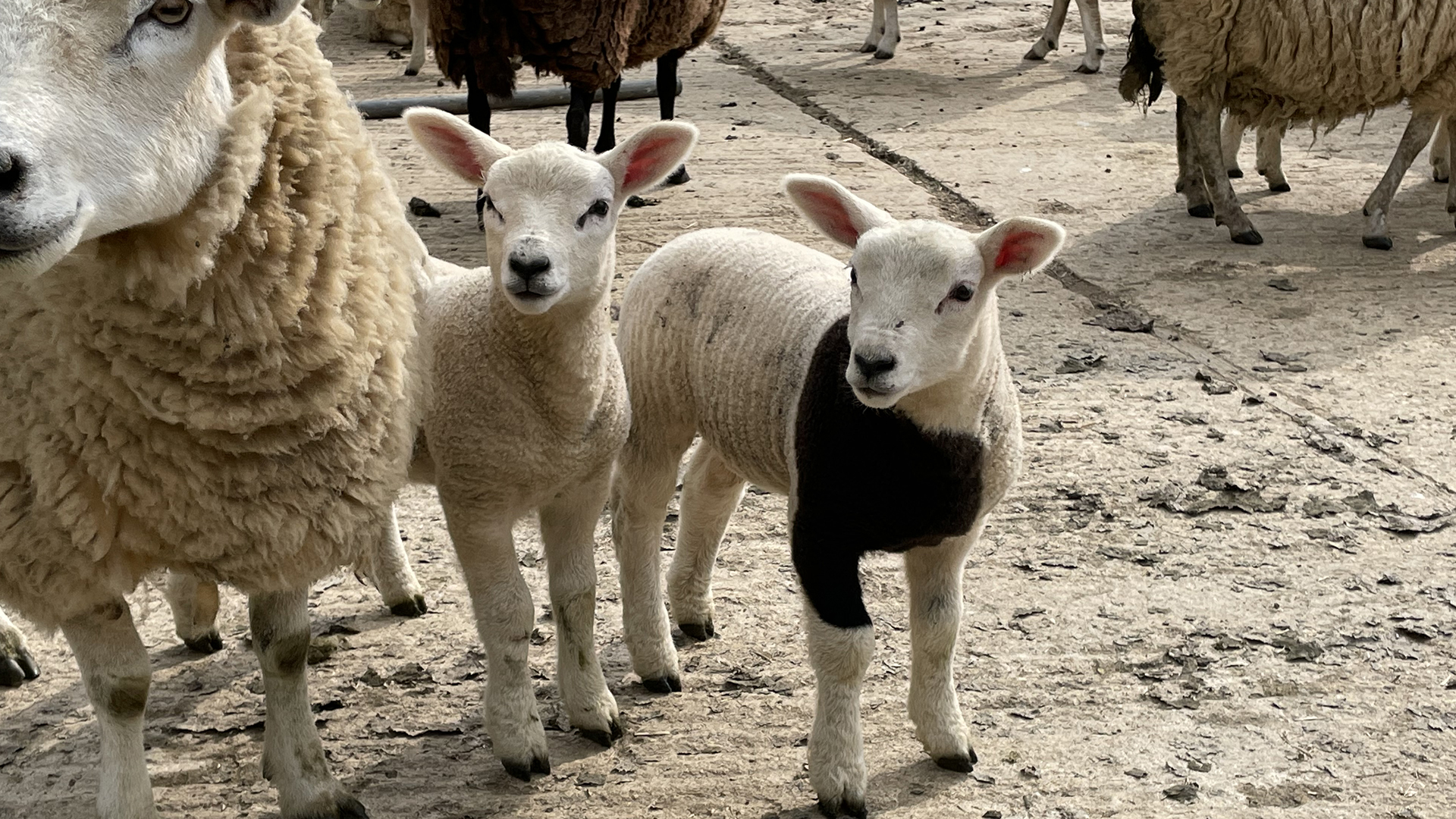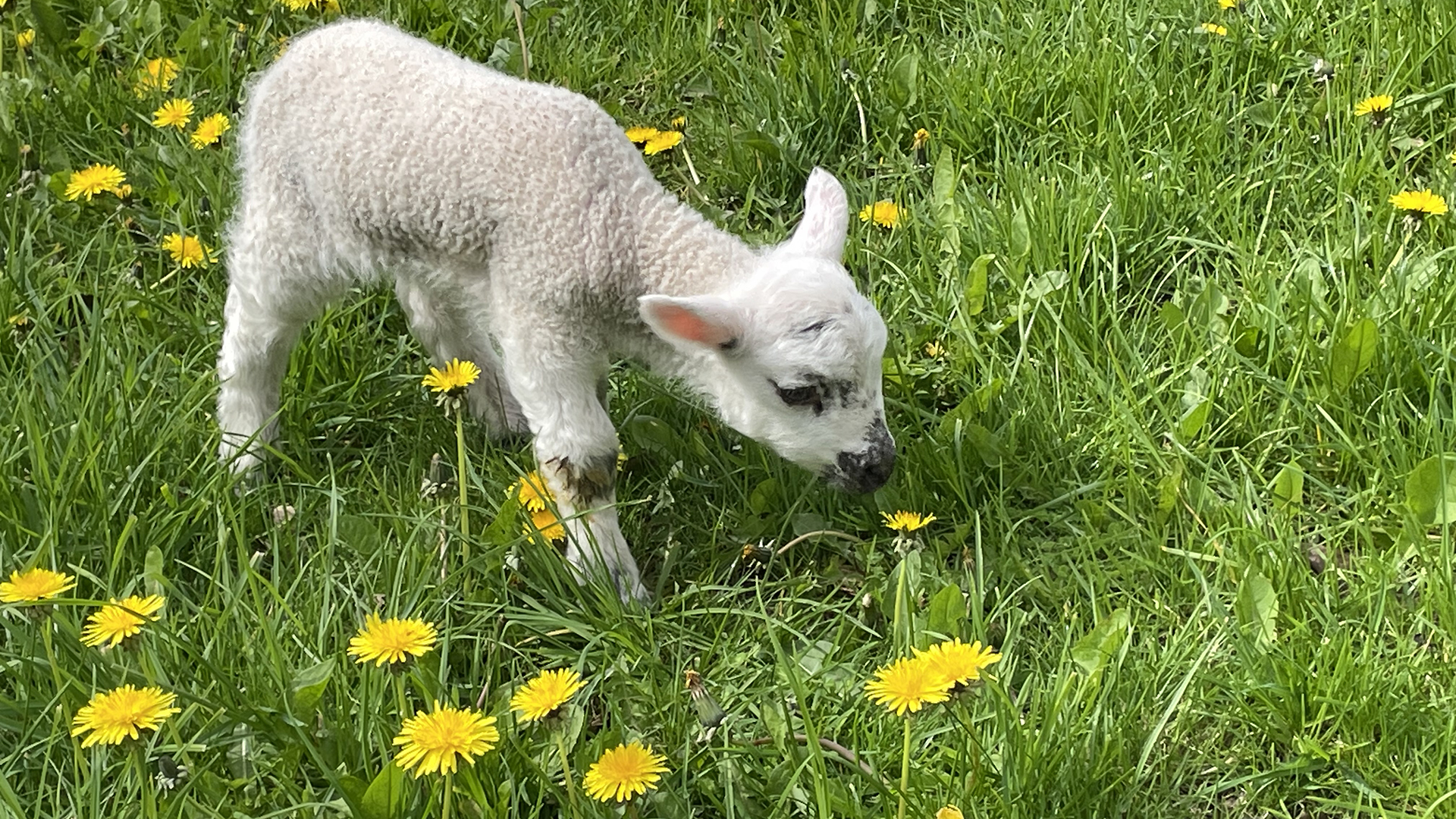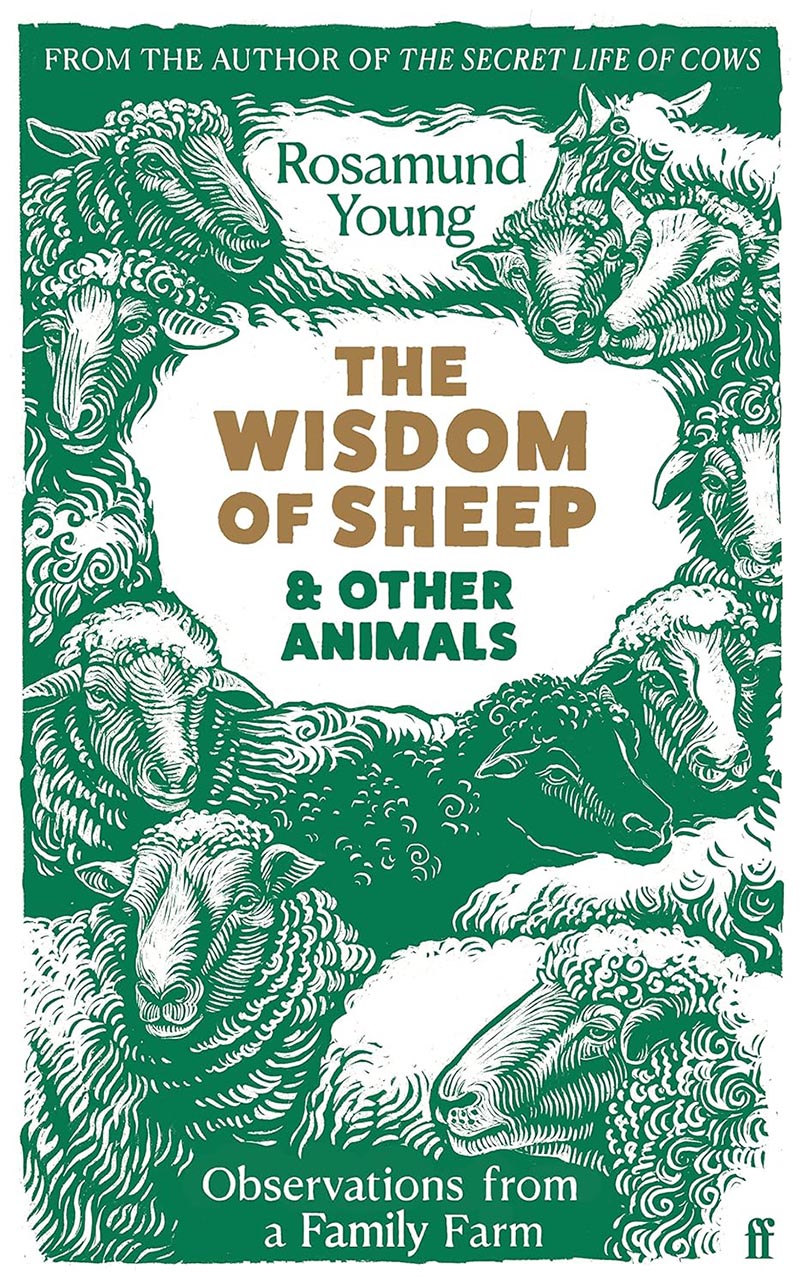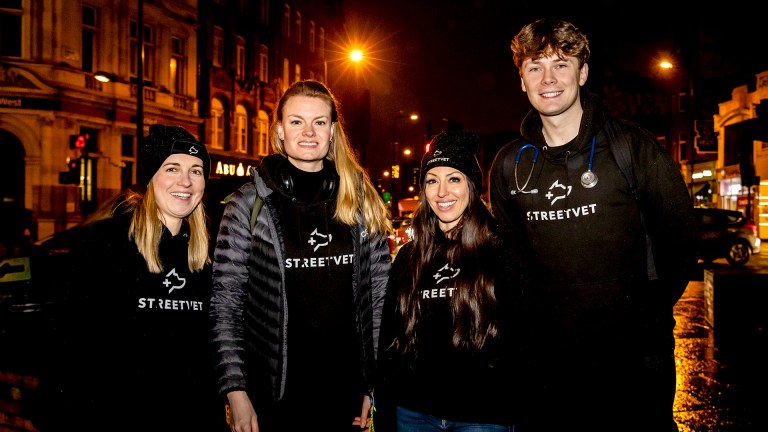There are four rams on the farm at the moment: a Derbyshire Gritstone, a Romtex, a Shetland and a Lleyn – but the Lleyn doesn’t like other sheep and spends as much time as possible with the cattle. Somehow, all the cattle heard on the grapevine that this ram, hardly a tenth the size of our bull, had been forced to teach the bull a lesson for refusing to treat him as an equal. Now, all the cattle do just that. In winter, when we put hay in feed racks for them, the cattle all wait for the ram to choose where he wants to stand before clustering round him to eat.
As Shakespeare tells us in As You Like It: “Your gentleness shall force / More than your force move us to gentleness.”
The ram is gentle, but he can stand up for himself when the need arises.
Change a Big Issue vendor’s life this Christmas by purchasing a Winter Support Kit. You’ll receive four copies of the magazine and create a brighter future for our vendors through Christmas and beyond.
Traditionally the life of a shepherd would have been a lonely one. Living for many months with no conversation or contact with other humans and following his sheep as they grazed, meandering over vast areas, searching for the sweetest grasses and the herbs they knew instinctively they needed. Shepherds kept watch over their flocks by night too, often using cunning and psychology to guide them into the fold, safer from wolves and other predators than they would have been in the open pasture – but not truly safe. The shepherd would have slept lightly, probably alerted by his faithful dogs if there was any hint of danger.
The shepherd could not have managed without his dogs, but being able to engage with the personalities of the sheep would have benefitted both shepherd and sheep physically and emotionally. With no other distractions it would have been inevitable that the individual characteristics of the sheep would be apparent and their peculiar virtues would have enlivened the days.











